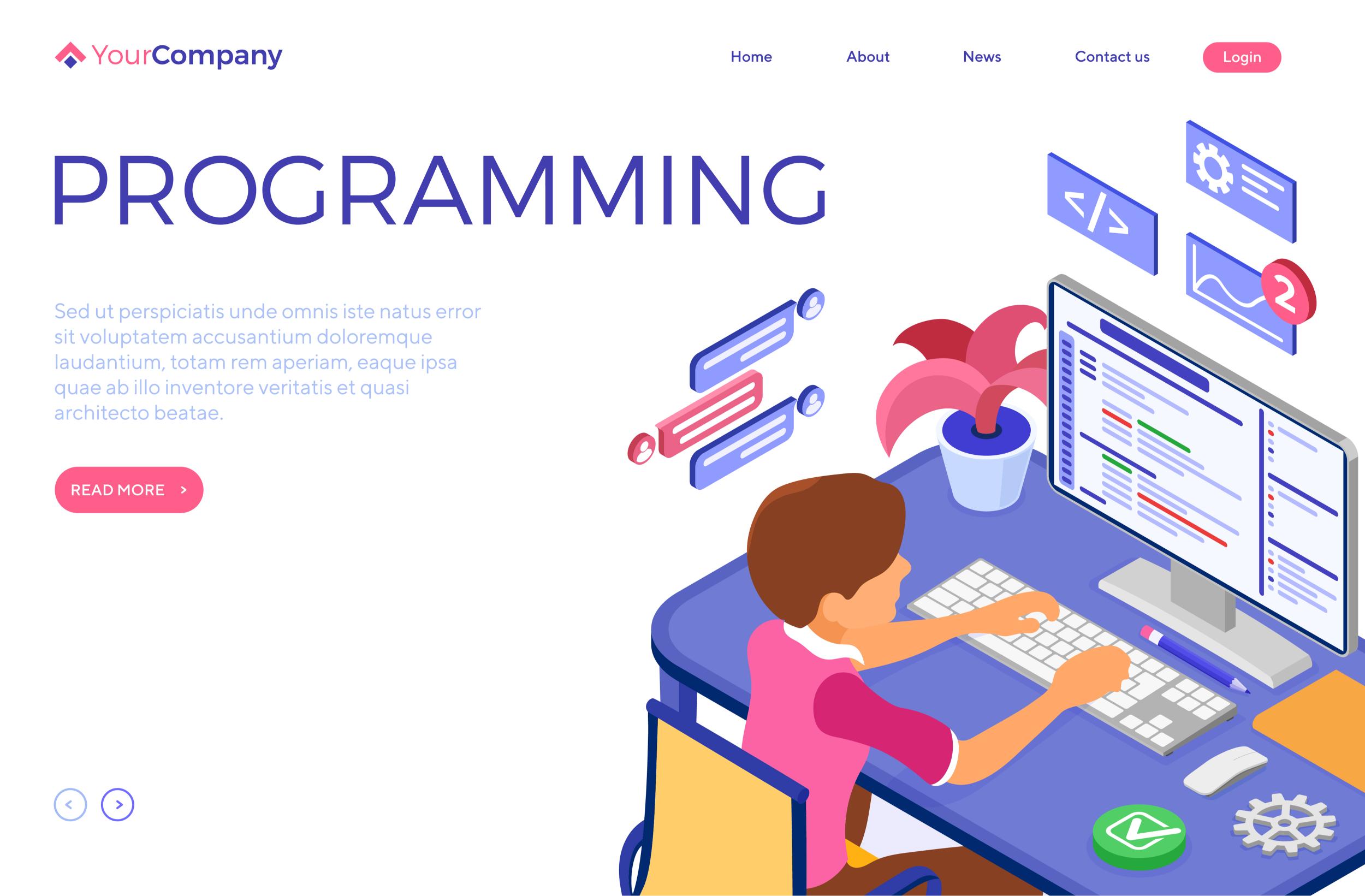Web Development Course

Mastering Web Development: Choosing the Right Course
In today's digital age, web development skills are not just desirable but essential. Whether you're looking to build a career in tech or aiming to enhance your existing skill set, enrolling in a web development course can be a game-changer. However, with the plethora of options available, selecting the right course can be daunting. Here's a guide to help you navigate through the choices and find the course that best suits your needs.
1. Define Your Goals
Before diving into the array of courses available, take a moment to define your goals. Are you a beginner aiming to learn the fundamentals, or are you looking to specialize in a specific area like front-end development, back-end development, or full-stack development? Understanding your objectives will narrow down the options and ensure you choose a course that aligns with your career aspirations.
2. Assess Your Learning Style
Consider how you learn best. Do you prefer structured classroom environments, or are you more comfortable with self-paced online learning? Web development courses come in various formats, including in-person classes, online tutorials, bootcamps, and hybrid models. Select a format that matches your learning style and fits into your schedule.
3. Research Course Content
Review the syllabus and curriculum of each course you're considering. A comprehensive web development course should cover HTML, CSS, JavaScript, and frameworks like React or Angular for front-end development, as well as server-side languages (e.g., Python, Ruby, Node.js) and databases (e.g., MySQL, MongoDB) for back-end development. Look for courses that offer hands-on projects and real-world applications to ensure practical learning.
4. Check Instructor Expertise
The expertise of instructors can significantly impact your learning experience. Look for courses taught by industry professionals or experienced developers with a proven track record. Instructor credentials, such as previous work experience, contributions to the field, or certifications, can provide valuable insights into the quality of education you'll receive.
5. Consider Reviews and Recommendations
Before making a decision, read reviews and testimonials from past students. Platforms like Course Report, Trustpilot, and Reddit communities (e.g., r/webdev) can offer unbiased opinions and firsthand experiences. Additionally, seek recommendations from peers or colleagues who have pursued similar courses to gain valuable insights.
6. Evaluate Additional Features
Beyond core curriculum, consider additional features offered by the course, such as career services, job placement assistance, networking opportunities, and access to a supportive community. These extras can enhance your learning journey and provide valuable support as you transition into the field of web development.
7. Budget and Financial Aid
Finally, consider your budget and explore financial aid options, scholarships, or installment plans offered by course providers. While investing in education is crucial, it's essential to find a course that aligns with your financial resources without compromising on quality.
By following these guidelines, you can navigate the sea of web development courses with confidence and find the perfect fit to embark on your journey towards mastering web development.

